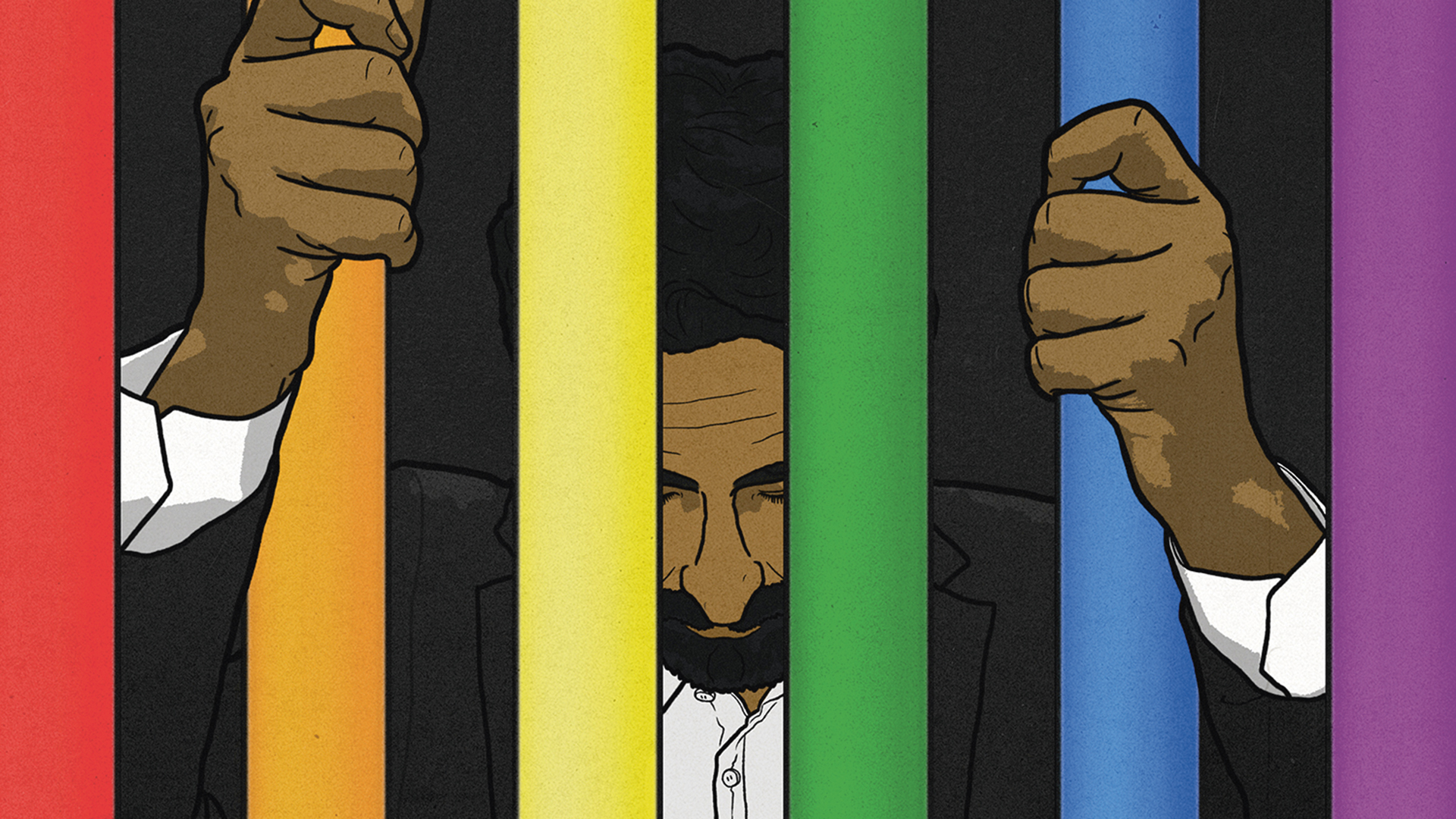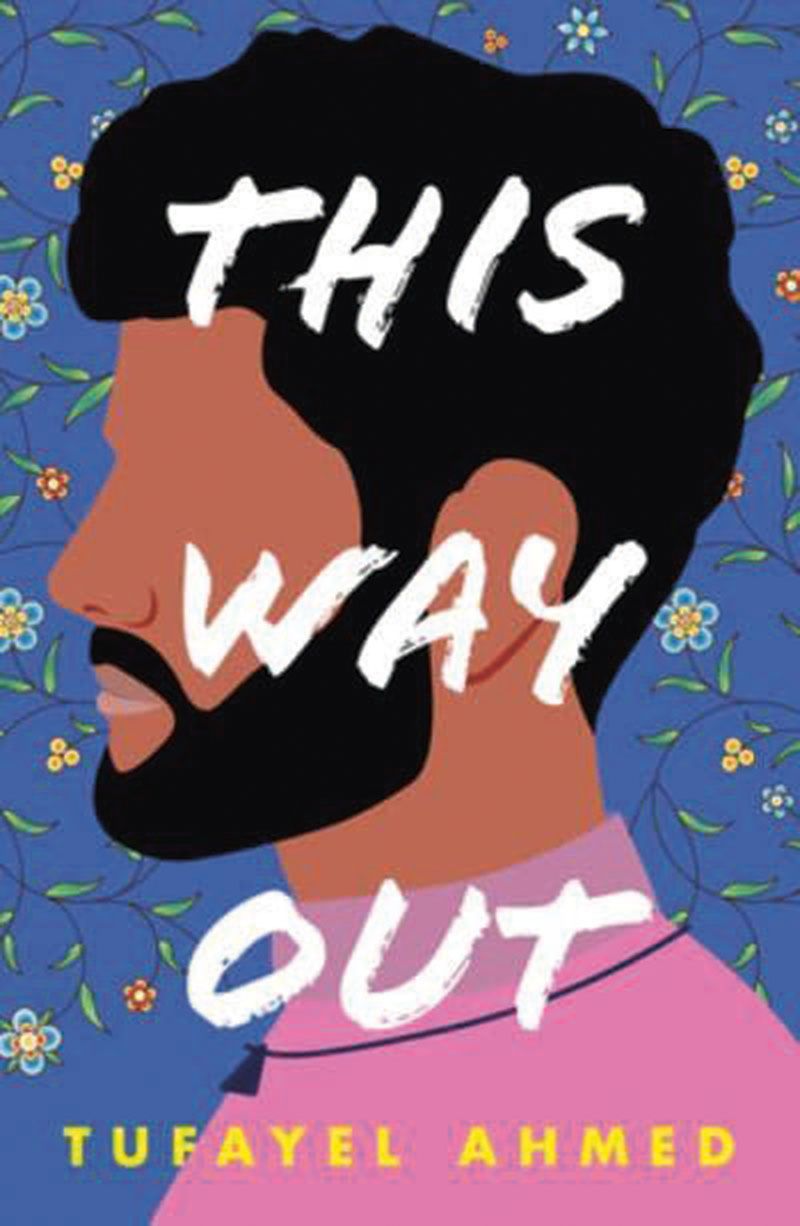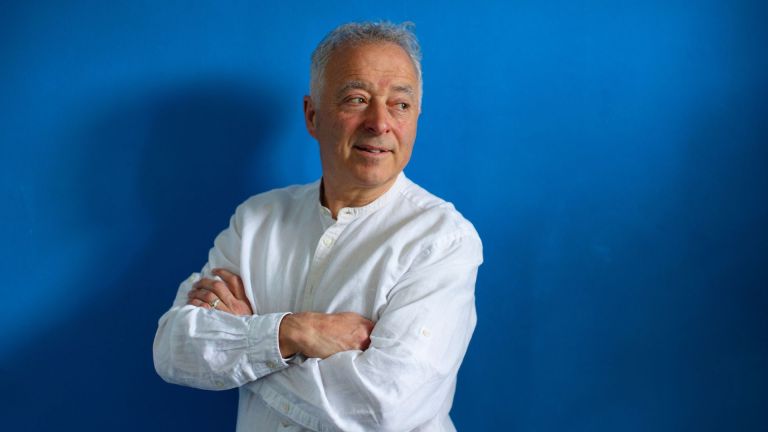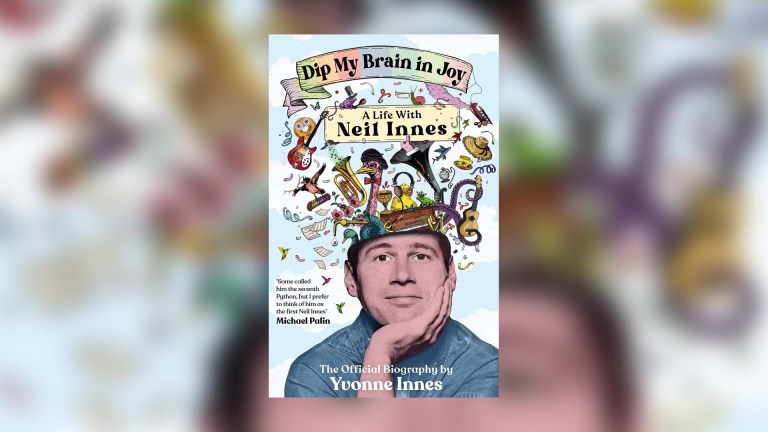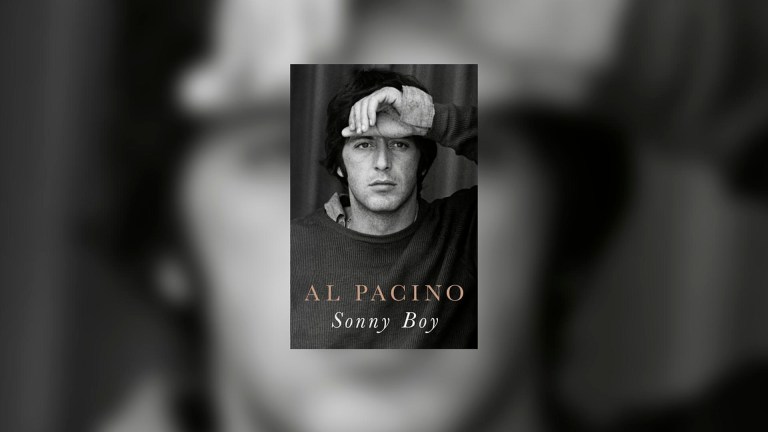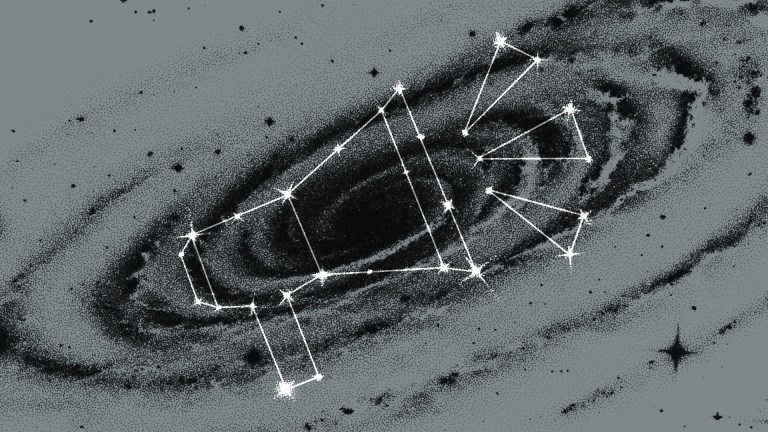I recently read an early review of my debut novel, This Way Out, on Amazon that really cemented why I wrote this book. The person, a gay – presumably white – man from Canada felt that it was “just another coming-out whine”, that my story wasn’t needed, that it had been done to death. “The new normal is gay,” they wrote.
It’s exactly this kind of misguided thinking that compelled me to write my protagonist Amar’s story. While it’s true that there may be greater acceptance and tolerance of LGBTQ+ people across the world than ever before, that doesn’t mean that we are all equal. Often it’s the people in the majority of minoritised groups – in this case, white gay men – who think that, because they feel equal, the same must be true for the rest of us. That just isn’t the case. Especially for queer people whose identities intersect more than one minority group.
There is one point that I will concede to my Canadian critic: Yes, there is a lot of LGBTQ+ coming-out fiction. But it’s almost always about white characters. In This Way Out, I wanted to reframe the coming-out experience to centre someone that isn’t usually the focus of these stories.
In my novel, Amar is a British-Bangladeshi man who comes out via text message to his devout Muslim family after getting engaged to his partner, Joshua. Amar’s coming out is just the beginning of his story, not the end, just as it often is for queer people of colour from deeply religious backgrounds.
The book explores the cultural and religious challenges that Amar faces in telling his family, including the risk of being rejected by his loved ones and disowned, being ostracised by his community, and questioning whether he belongs in a religion that he’s always been told prohibits homosexuality. Unfortunately, these are difficult circumstances that queer Muslims can and do face to this day. But these stories are rarely ever told in film, television or books.
- Companion Piece by Ali Smith review: Finding compassion in a world of everyday injustices
- Homelands by Chitra Ramaswamy review: A gripping novel about heritage, exile, friendship and family
- Books about jazz you need to read
Growing up in the Nineties, like Amar, I desperately tried to hide my sexuality from my family and friends, and even though, in hindsight, it was probably glaringly obvious to all that I was gay, I was so afraid of being found out, of being kicked out of my home, that I didn’t just live in a closet, but an impenetrable steel-doored panic room. I grew up wearing an invisible armour to protect myself: if someone asked me whether I was gay, I would deny, deny, deny. And I confined myself to a childhood and adolescence of solitude to avoid probing questions or potentially troublesome situations. I didn’t have many friends to hang out with at the local park or go to the cinema with. I spent a lot of time alone, throwing myself into books and setting my schedule around TV shows like Buffy the Vampire Slayer and Top of the Pops.
